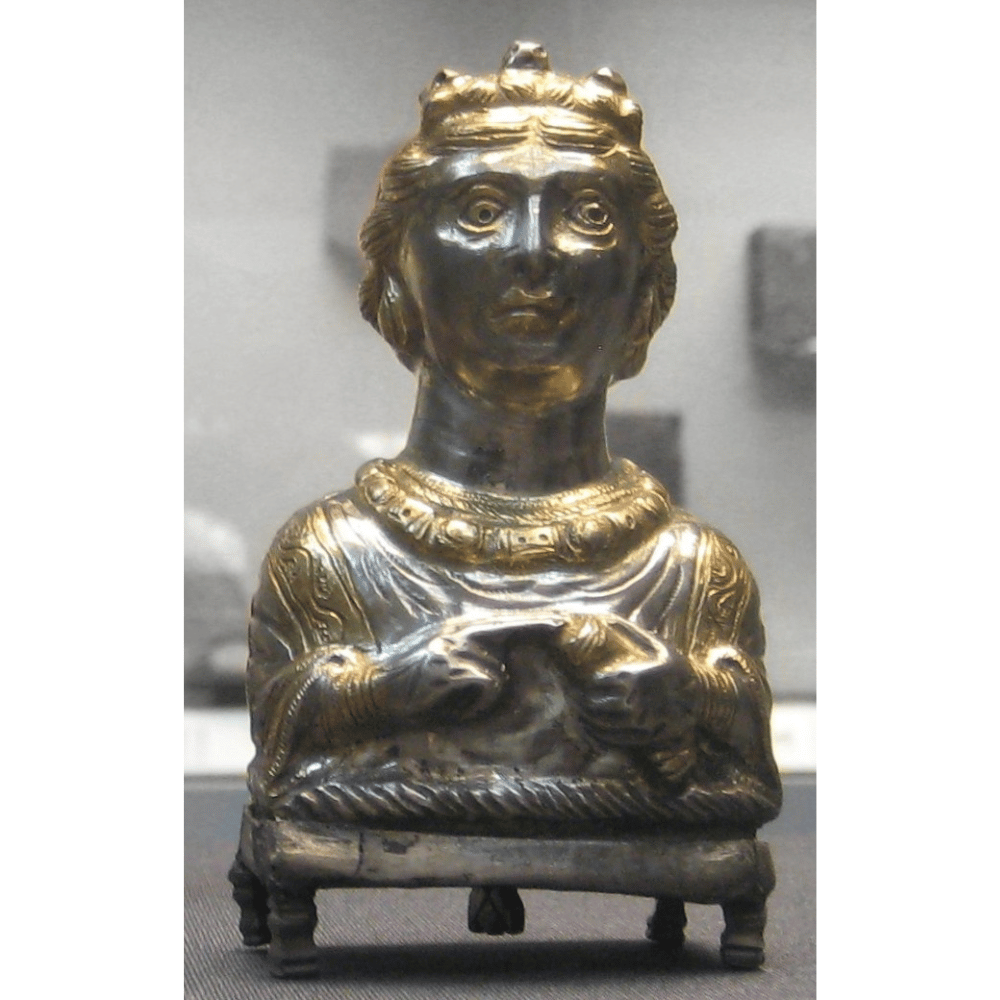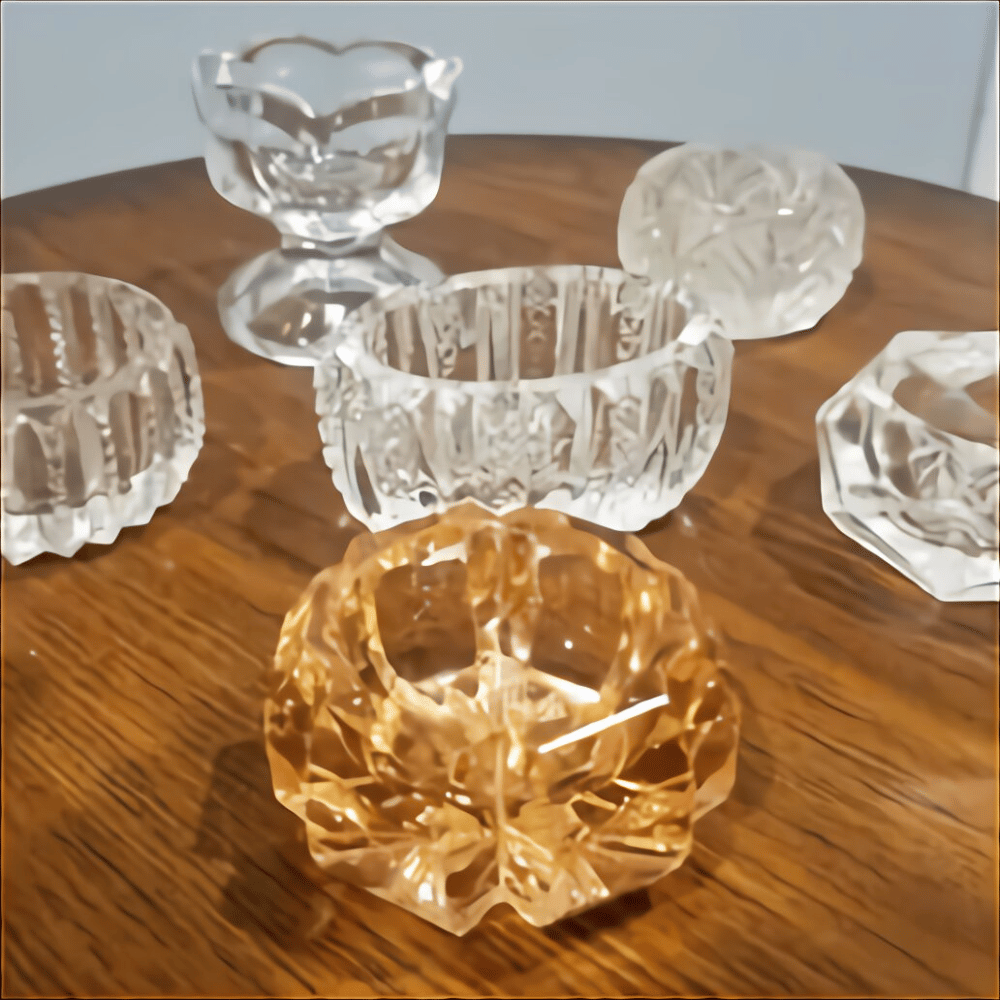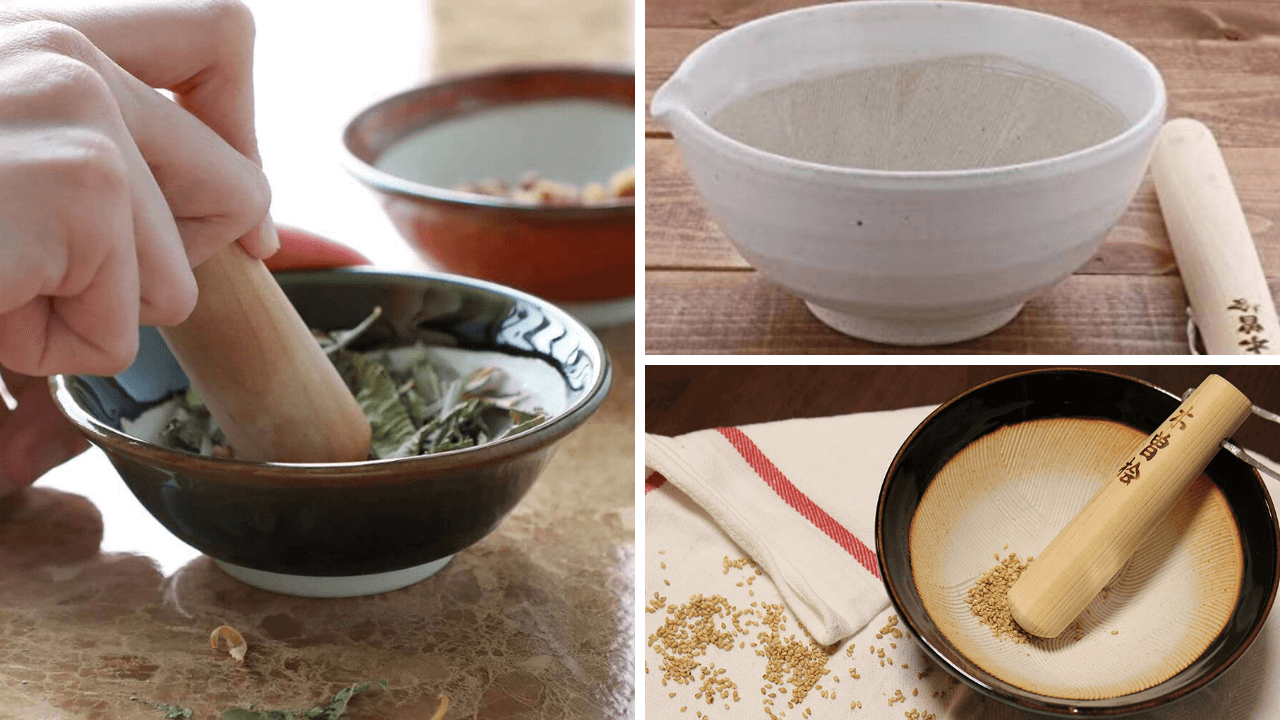Chances are, you have a salt and pepper shaker set sitting on your dinner table right now. But have you ever stopped to think about where they came from? In this blog post, we'll delve into the fascinating history of these unassuming kitchen staples, tracing their origins from ancient civilizations to their present-day popularity. So grab a seat, and let's embark on a journey through time to explore the captivating story behind salt and pepper shakers.
Ancient Beginnings: Pepper and Prestige in the Roman Empire
Pictured below is an antique Roman Empire Pepper Container.

The earliest known salt and pepper shakers date back to the illustrious days of the Roman Empire. Pepper, a prized spice, held immense value during this era, so much so that it was used as a form of currency. To safeguard the precious pepper, it was stored in exquisite containers crafted from materials like ivory or wood.
These containers, intricately carved, featured a distinct design: two holes in their tops, covered by perforated lids. The lids allowed controlled dispensing of the precious pepper onto plates, adding flavor to meals in an elegant manner. These ancient containers bridged the gap between functionality and artistry, showcasing the Roman Empire's appreciation for both culinary excellence and aesthetics.
Medieval Europe: Salt, Splendor, and the Emergence of Salt Cellars
Salt shakers, in their early form, emerged as a counterpart to the Roman-era pepper containers. During medieval Europe, salt occupied a place of prominence in society, not only for its culinary use but also for its symbolic significance.
Just as pepper was stored in containers with perforated tops, salt was stored in secure vessels known as "salt cellars." These cellars, often crafted from luxurious materials like silver or pewter, displayed intricate decorations that reflected the craftsmanship of the time.
Much like their pepper counterparts, salt cellars featured two openings on their tops, allowing for a controlled sprinkling of salt onto dishes. These medieval salt cellars symbolized prestige, and their exquisite designs highlighted the artistic sensibilities of the era.
Two very interesting images below are:
b. a much later one, a Crystal saltceller, c. 1720.


Evolution into Modernity: The Birth of Salt and Pepper Shakers
Pictured here are more modern, but still considered "vintage" salt cellars.

As time marched on, salt and pepper shakers underwent transformative changes that would lead them to their current form. The early 19th century witnessed the birth of recognizable salt and pepper shaker sets, departing from the lavishness of their predecessors to adopt a more practical and accessible design.
These early sets were commonly fashioned from ceramics or glass, featuring simple motifs like flowers and geometric patterns.
It wasn't until the late 1800s that metal salt and pepper shakers became popular. The widespread availability of these crucial kitchen utensils made them accessible to households from all walks of life, adding a touch of culinary elegance to everyday living.
Metallic Marvels: A Glimpse into the the Past



The late 19th century marked a significant shift in the materials used for crafting salt and pepper shakers. Metal sets, particularly those fashioned from zinc alloy, gained popularity during this time.
The sets listed above are:
a. Gorham Chantilly Sterling Salt & Pepper Shakers
b. Vintage German Silver Salt and Pepper Shakers
c. Vintage 1960's Tavern Pewter Salt and Pepper Shakers
Germany played a pivotal role in producing some of the first mass-produced metal shaker sets. These new sets combined durability with aesthetic appeal, showcasing the potential of metals in shaping culinary tools.
This period laid the groundwork for the diverse materials that contemporary salt and pepper shakers are made from, ranging from plastic, wood, and bamboo to even unconventional choices like rocks.
The Lasting Legacy: Salt and Pepper Shakers in the Modern World
Who could have anticipated that such seemingly mundane kitchen utensils would have such an intriguing history? The journey of salt and pepper shakers from their ancient origins to our modern tables is a testament to their enduring significance.
As you sit down to share a meal with loved ones, take a moment to contemplate the remarkable trajectory these small containers have traversed. Throughout history, salt and pepper shakers have played a crucial role in our food preparation.
They have evolved over time, from being used by the mighty Romans to the important role they played in medieval Europe. Nowadays, these tools have become essential in modern kitchens, making our cooking experience easier and more convenient.
In conclusion, the history of salt and pepper shakers is a captivating tale of evolution, reflecting changes in culinary culture, artistry, and technology. As we continue to relish the flavors they enhance, let's not forget the centuries of innovation and creativity that have shaped these unassuming yet indispensable additions to our dining tables.
The journey of salt and pepper shakers is a reminder that even the simplest of objects can carry within them a rich and multifaceted history, connecting us to the culinary traditions of generations past while enhancing our modern-day dining experiences.
So, the next time you reach for that familiar set of shakers, take a moment to appreciate the storied voyage they've embarked upon, bringing a sprinkle of history and a dash of flavor to your meals.
Thanks for joining us on this enlightening exploration of the history of salt and pepper shakers—a journey that truly seasons our understanding of the culinary and cultural tapestry of human history!
While you're at it, please check out our articles on the best salt and pepper shakers and grinders on the market today!



Thanks for stopping by our bee hive!

Bertie
Before you leave, if you haven't already done so, please subscribe so you will be the first to see reviews you can rely on, plus you can leave me comments.











Member discussion